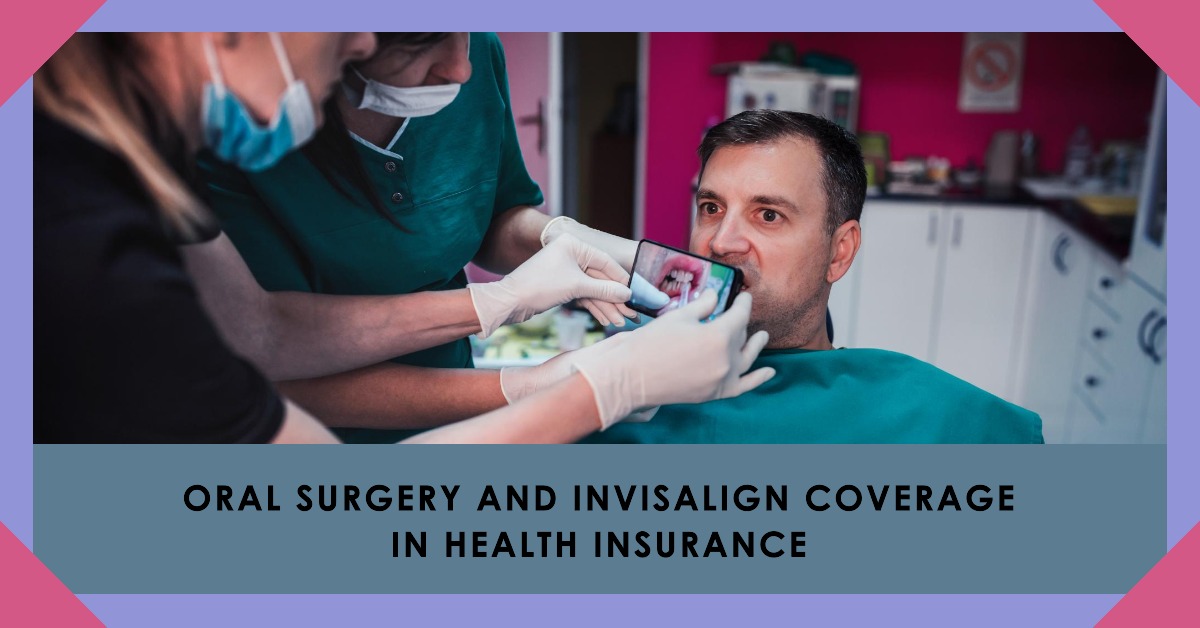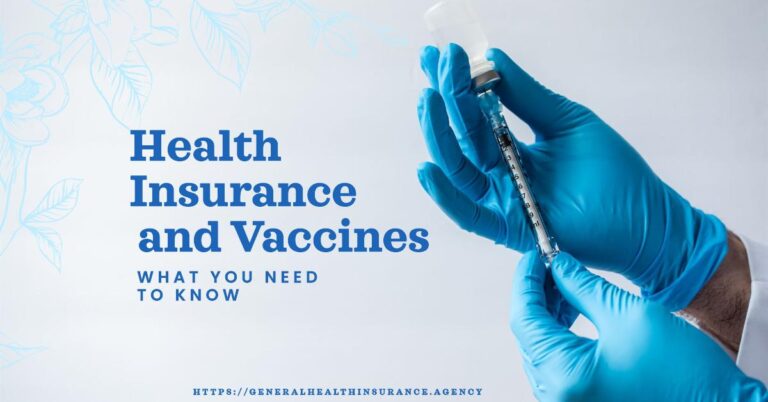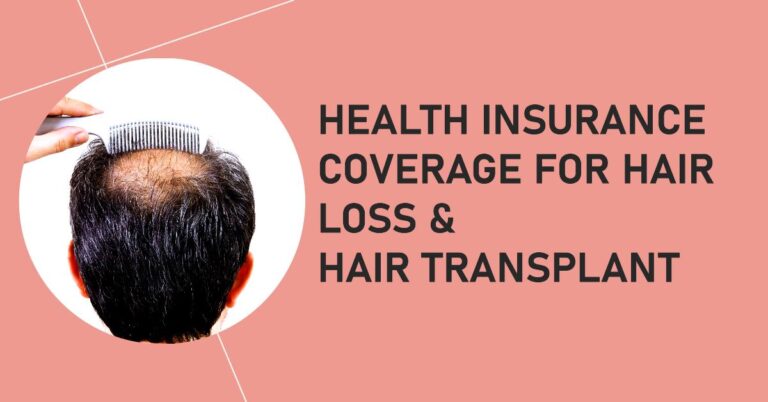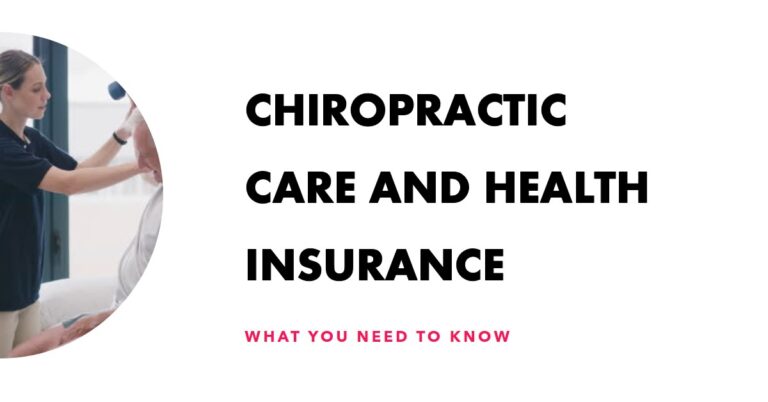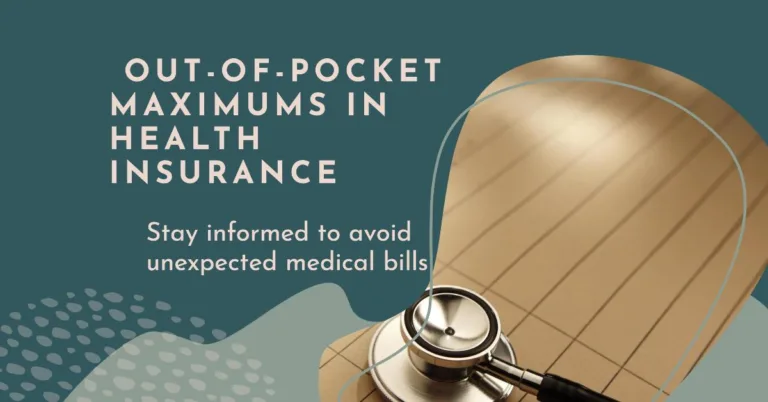Does Health Insurance Cover Oral Surgery or Invisalign?
If you’re considering oral surgery or Invisalign treatment, you’re likely wondering if your health insurance will cover these procedures. In this comprehensive guide, we’ll explore the nuances of health insurance coverage for oral surgery and Invisalign and what factors may influence your coverage.
Introduction
Health insurance coverage can be complex, with various factors affecting what procedures are covered and to what extent. In this article, we’ll delve into the specifics of coverage for oral surgery and Invisalign treatment under health insurance plans.
Understanding Health Insurance Coverage
Before we explore coverage for specific procedures like oral surgery or Invisalign, let’s first understand how health insurance typically operates. Health insurance plans vary in coverage options, premiums, deductibles, and co-pays. While most plans cover medical expenses related to illness or injury, dental and orthodontic procedures may not always be included.
Coverage for Oral Surgery
What is Oral Surgery?
Oral surgery encompasses a range of surgical procedures performed on the mouth, teeth, and jaw. This can include tooth extractions, dental implants, corrective jaw surgery, and more.
Common Types of Oral Surgery
Some common types of oral surgery include wisdom tooth extraction, dental implant placement, treatment for temporomandibular joint (TMJ) disorders, and corrective jaw surgery.
Does Health Insurance Cover Oral Surgery?
Whether health insurance covers oral surgery depends on several factors, including the type of procedure, your insurance plan, and the reason for the surgery. Generally, health insurance plans may cover medically necessary oral surgeries, such as those required to treat infections, relieve pain, or restore oral function.
Factors Affecting Coverage for Oral Surgery
Several factors can influence whether health insurance covers oral surgery:
- Type of Health Insurance Plan: Dental coverage varies between medical plans, dental plans, or a combination of both.
- Medical Necessity: Health insurance is more likely to cover procedures deemed medically necessary.
- Pre-authorization Requirements: Some insurance plans require pre-authorization or pre-approval for coverage.
How to Determine Coverage for Oral Surgery
If you’re unsure whether your health insurance covers oral surgery:
- Review Your Policy: Check your insurance policy documents for details on dental coverage.
- Contact Your Provider: Reach out to your insurance provider for specific information on coverage and potential out-of-pocket costs.
Coverage for Invisalign Treatment
What is Invisalign?
Invisalign is a popular orthodontic treatment that uses clear aligners to straighten teeth. It is often preferred over traditional metal braces for its discreet appearance and removable design.
Is Invisalign Covered by Health Insurance?
Invisalign treatment is typically considered a cosmetic procedure rather than a medical necessity. As a result, many health insurance plans do not cover the cost of Invisalign. However, some plans may offer partial coverage for orthodontic treatment, including Invisalign, especially if it is deemed medically necessary to correct bite issues or jaw misalignment.
Factors Affecting Coverage for Invisalign
Several factors can influence whether health insurance covers Invisalign treatment:
- Type of Health Insurance Plan: Coverage for orthodontic treatment varies between plans.
- Medical Necessity: Some insurance plans may cover Invisalign if it is deemed medically necessary.
- Pre-authorization Requirements: Check if pre-authorization is required for coverage.
How to Determine Coverage for Invisalign
To determine coverage for Invisalign treatment:
- Review Your Policy: Examine your insurance policy for details on orthodontic coverage.
- Contact Your Provider: Reach out to your insurance provider to inquire about coverage specifics.
Alternatives for Coverage
If your health insurance does not cover oral surgery or Invisalign treatment, consider exploring alternative options:
Dental Insurance
Investing in a separate dental insurance plan can provide comprehensive coverage for oral health procedures, including oral surgery and orthodontic treatments like Invisalign. Dental insurance plans typically offer various levels of coverage, including preventive care, basic services (such as fillings and extractions), and major procedures (including oral surgery and orthodontics).
Financing Options
For individuals facing out-of-pocket expenses for oral surgery or Invisalign treatment, many oral surgeons and orthodontists offer financing plans or payment options to help make these procedures more affordable. These financing options may include installment plans with low or no-interest rates, allowing you to spread the cost of treatment over time.
Conclusion
In conclusion, the coverage for oral surgery and Invisalign treatment under health insurance plans can vary depending on factors such as the type of procedure, insurance plan, and medical necessity. It’s essential to review your insurance policy documents carefully and contact your insurance provider to understand the specifics of your coverage. For individuals whose health insurance does not cover these procedures, alternative options such as dental insurance and financing plans can help make them more accessible and affordable.
FAQs
- Does Medicare cover oral surgery?
- Medicare may cover medically necessary oral surgeries, such as those required to treat diseases or conditions affecting the jaw or mouth. However, coverage for routine dental care or elective procedures may be limited.
- Is Invisalign covered by Medicaid?
- Medicaid coverage for orthodontic treatment, including Invisalign, varies by state and is typically limited to cases of severe dental misalignment or other qualifying conditions. Eligibility criteria and coverage details may vary, so it’s essential to check with your state’s Medicaid program for specific information.
- Can I use a health savings account (HSA) to pay for Invisalign treatment?
- In most cases, you can use funds from your HSA to cover the cost of Invisalign treatment if it is deemed medically necessary by a qualified healthcare provider. However, it’s essential to review the IRS guidelines and consult with a tax professional to ensure compliance with HSA rules and regulations.
- Are there any tax deductions available for oral surgery or Invisalign treatment?
- In some cases, you may be eligible to deduct certain medical and dental expenses, including oral surgery and orthodontic treatment, on your federal income tax return. However, eligibility for tax deductions may depend on various factors, such as your total medical expenses and income level. It’s advisable to consult with a tax professional for personalized advice regarding tax deductions for healthcare expenses.
- Does dental insurance cover cosmetic procedures like teeth whitening or veneers?
- Dental insurance typically covers procedures that are deemed medically necessary for maintaining oral health or treating dental conditions. Cosmetic procedures, such as teeth whitening or veneers, are generally not covered by dental insurance plans. However, some dental insurance plans may offer optional cosmetic coverage as part of premium plans or supplemental policies.
